Welcoming a new puppy into your home is an enchanting and heartwarming experience. The boundless energy, curious nature, and irresistible puppy eyes can make anyone fall in love. However, this delightful journey comes with its fair share of responsibilities, particularly for first-time dog owners. In this comprehensive guide, we’ll delve into essential tips for new dog owners, offering in-depth insights into how to effectively train your puppy and ensure the development of a well-behaved, happy canine companion.
The Importance of Puppy Training
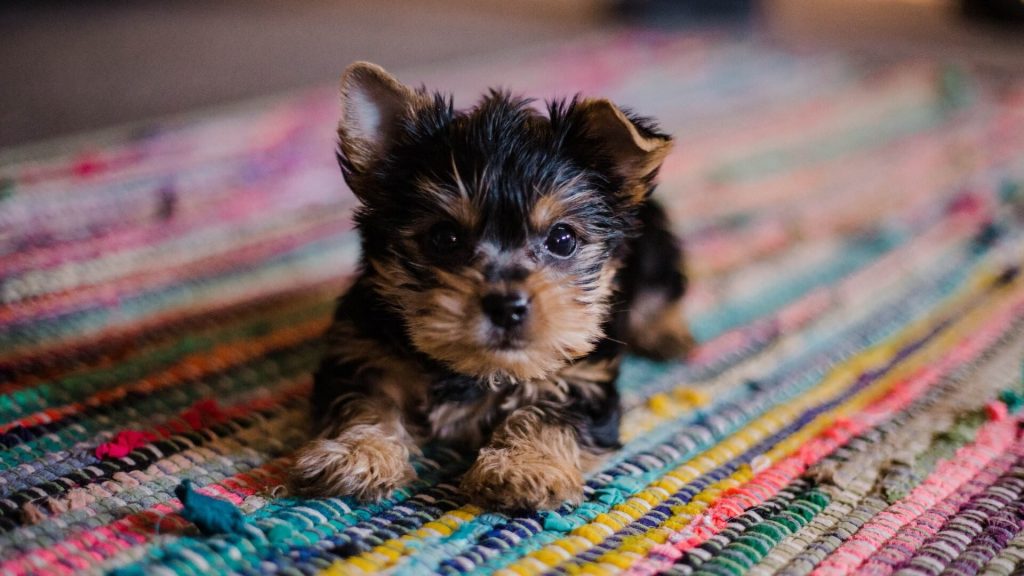
The foundation for a well-behaved dog begins early in puppyhood. Here, we will explore the significance of early training and how you, as a new dog owner, can set your pup up for success.
Socialization is Key
Socialization is a critical aspect of puppy training that cannot be emphasized enough. Exposing your puppy to a variety of people, animals, and environments at a young age is essential. This process helps them become well-adjusted adults who are comfortable and confident in various situations. Arrange playdates with other dogs, visit dog-friendly parks, and consider enrolling in puppy socialization classes. These experiences will help your pup develop social skills and reduce the likelihood of future behavioral issues.
Consistency Matters
Consistency in training is a cornerstone of success. New dog owners should use consistent commands and gestures to avoid confusing their puppies. Whether it’s “sit,” “stay,” or “come,” stick to one word or cue for each command. Reinforce these commands consistently, and encourage all family members to use the same language to maintain a unified approach to training.
Reward-Based Training
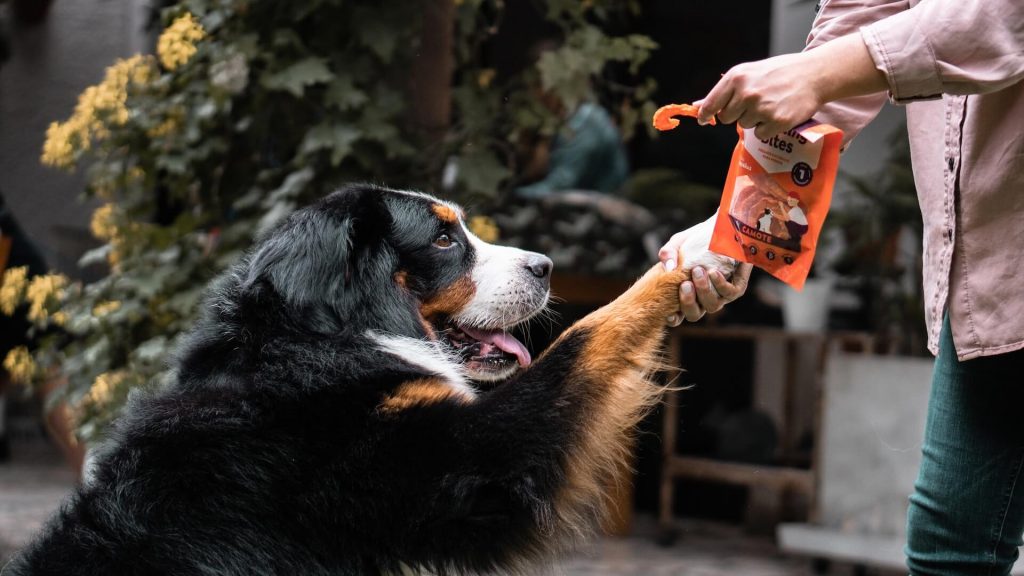
Positive reinforcement is a highly effective training method that centers on rewarding desired behaviors rather than punishing unwanted ones. Let’s explore this approach in greater detail, including how to implement it successfully.
Treats and Praise
Rewarding your puppy with treats and enthusiastic praise is a powerful way to reinforce positive behaviors. When your pup follows a command or exhibits desirable conduct, immediately offer a treat and lavish it with praise. This positive association encourages your puppy to repeat the behavior in the future. Ensure that the treats are age-appropriate and healthy for your pup’s development.
Timing is Everything
Precision in timing is crucial for positive reinforcement. The treatment must be given immediately after the desired behavior occurs. This prompt reward helps your puppy connect their action with a positive outcome. Delayed rewards may confuse your puppy, making it harder for them to understand the connection between their behavior and the reward.
Providing a Safe Space
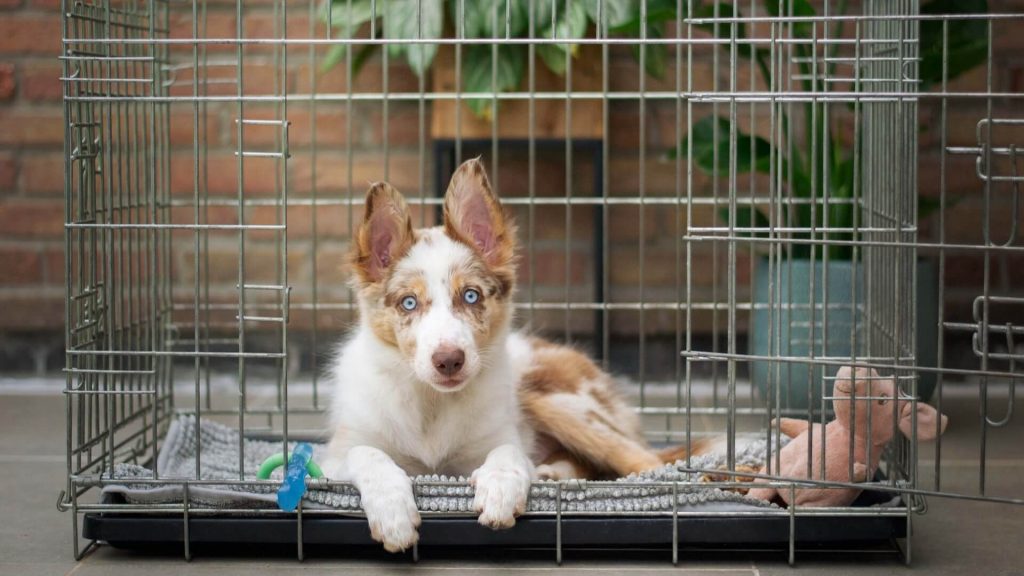
Crate training is a valuable tool for new dog owners. It not only provides your puppy with a safe and secure space but also aids in potty training and preventing destructive behavior. Let’s delve into the nuances of crate training and how to make it a seamless process.
Choose the Right Crate
Selecting the appropriate crate size is paramount for effective crate training. The crate should be spacious enough for your puppy to stand, turn around, and lie down comfortably. However, it should not be excessively large, as this may lead to your puppy using one corner as a bathroom. A well-sized crate helps create a cozy den-like environment that your puppy will come to appreciate.
Gradual Introduction
Introducing your puppy to the crate should be a gradual and positive experience. Begin by placing the crate in a central location where your puppy can see and interact with family members. Inside the crate, provide toys, a comfortable bed, and occasionally hide treats for your puppy to discover. Initially, encourage your puppy to enter the crate voluntarily. Gradually increase the time your puppy spends inside, starting with short intervals and gradually extending them. Avoid using the crate as a form of punishment to maintain a positive association.
Patience and Persistence
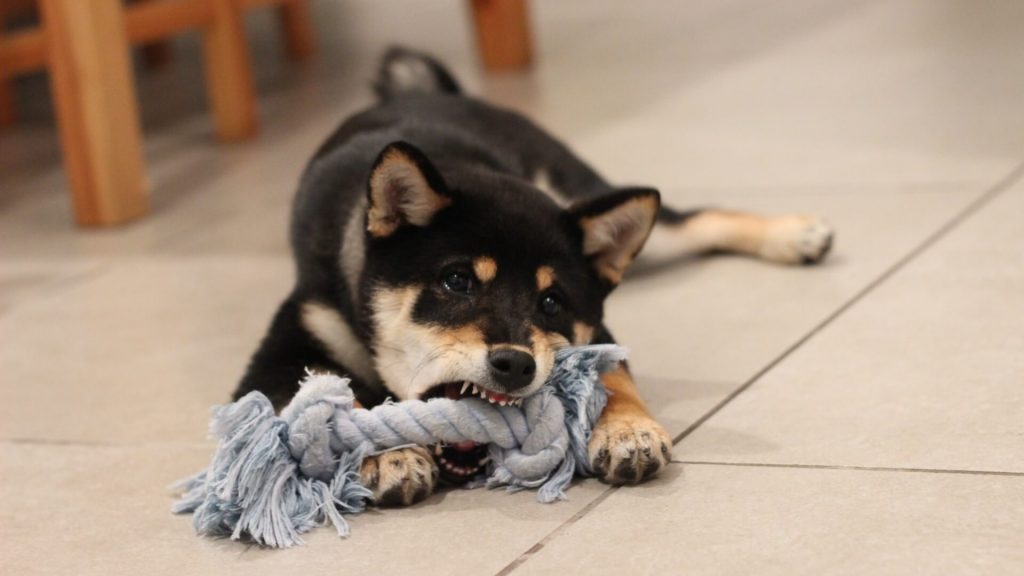
As a new dog owner, you are likely to face various challenges during the training process. It’s important to understand that patience and persistence are your allies. Here, we will address common challenges and offer guidance on how to navigate them effectively.
Potty Training Woes
Potty training can be a source of frustration for new dog owners, but consistency is the key to success. Take your puppy outside frequently, particularly after meals, naps, and playtime. Praise and reward your puppy enthusiastically when they relieve themselves outdoors. If accidents happen indoors, clean them up promptly without scolding your puppy. Negative reinforcement can confuse and stress your pup, making the training process more challenging.
Biting and Chewing
Puppies have a natural inclination to explore the world through their mouths, leading to biting and chewing behaviors. To manage this, provide a variety of appropriate chew toys made specifically for puppies. When your pup starts nibbling on furniture, shoes, or other off-limits items, gently redirect their attention to a designated chew toy. It’s essential to remain patient, as most puppies outgrow this behavior as they age and teething subsides.
Professional Guidance
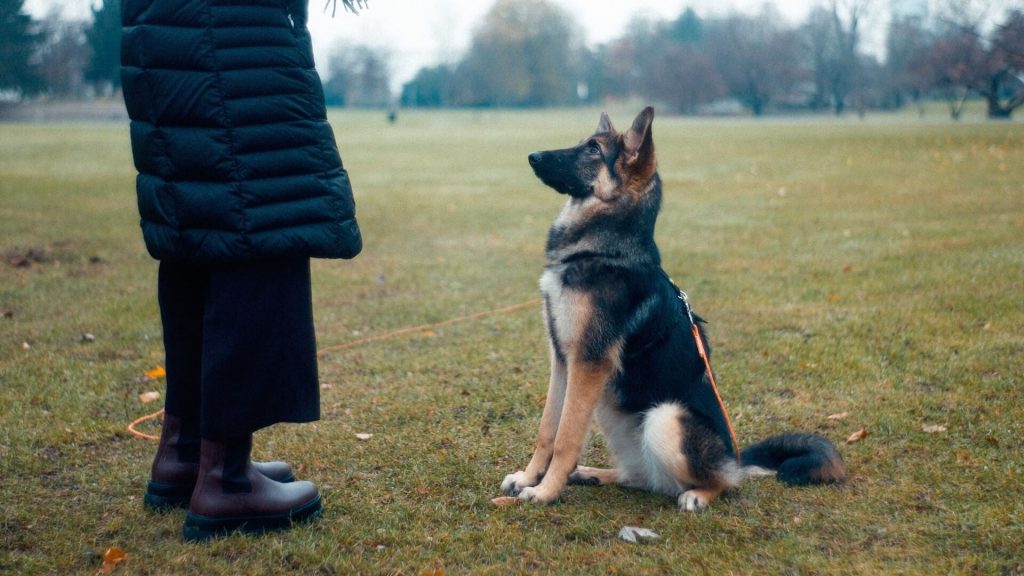
For new dog owners seeking additional support and expert guidance, enrolling in obedience classes is a valuable option. These classes offer structured training sessions led by experienced instructors, providing both you and your puppy with valuable skills and socialization opportunities.
Find a Reputable Trainer
When selecting an obedience class, research and choose a certified and experienced dog trainer. Look for trainers who employ positive reinforcement-based methods to ensure a positive and effective learning experience for your puppy. Attend classes regularly and dedicate time to practicing the commands and techniques at home to reinforce what your puppy learns in class.
Socialize Your Puppy
Obedience classes provide an excellent platform for your puppy to socialize with other dogs and people in a controlled environment. This exposure helps build your puppy’s confidence and teaches them appropriate behavior in different situations. The socialization skills acquired in these classes will serve your puppy well throughout their life.
Conclusion
Training your puppy is a fulfilling journey that deepens the bond between you and your four-legged companion. Keep in mind that every puppy is unique, and the training process may vary from one dog to another. By following these comprehensive tips for new dog owners, you’ll be well-equipped to raise a happy, well-behaved canine companion. Be patient, remain consistent, and savor the delightful journey of puppy parenting. Your dedication and effort will undoubtedly yield a lifetime of love, loyalty, and joyful companionship with your furry friend.